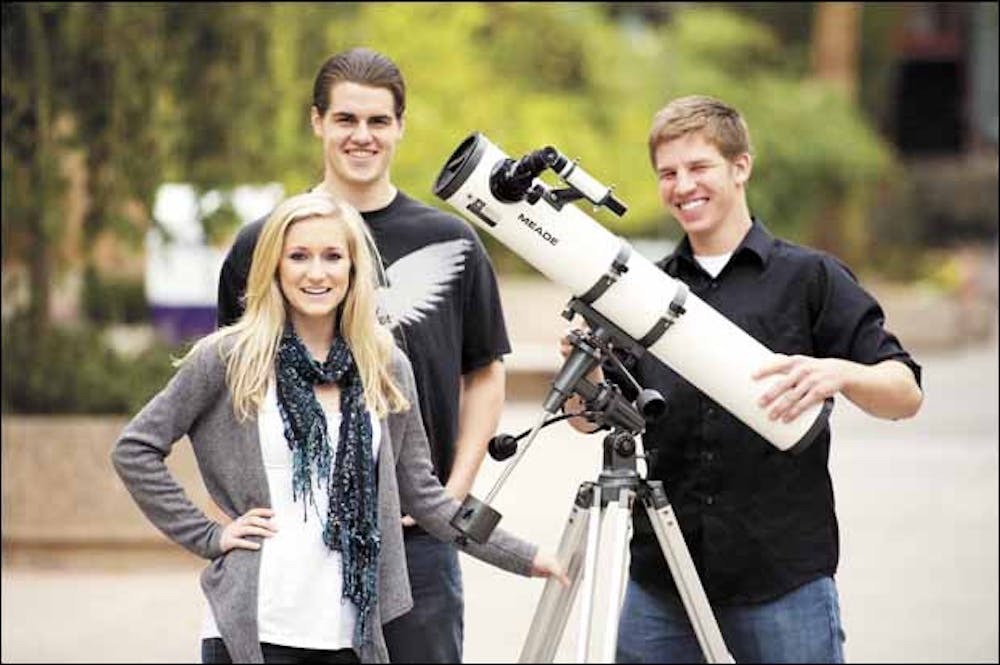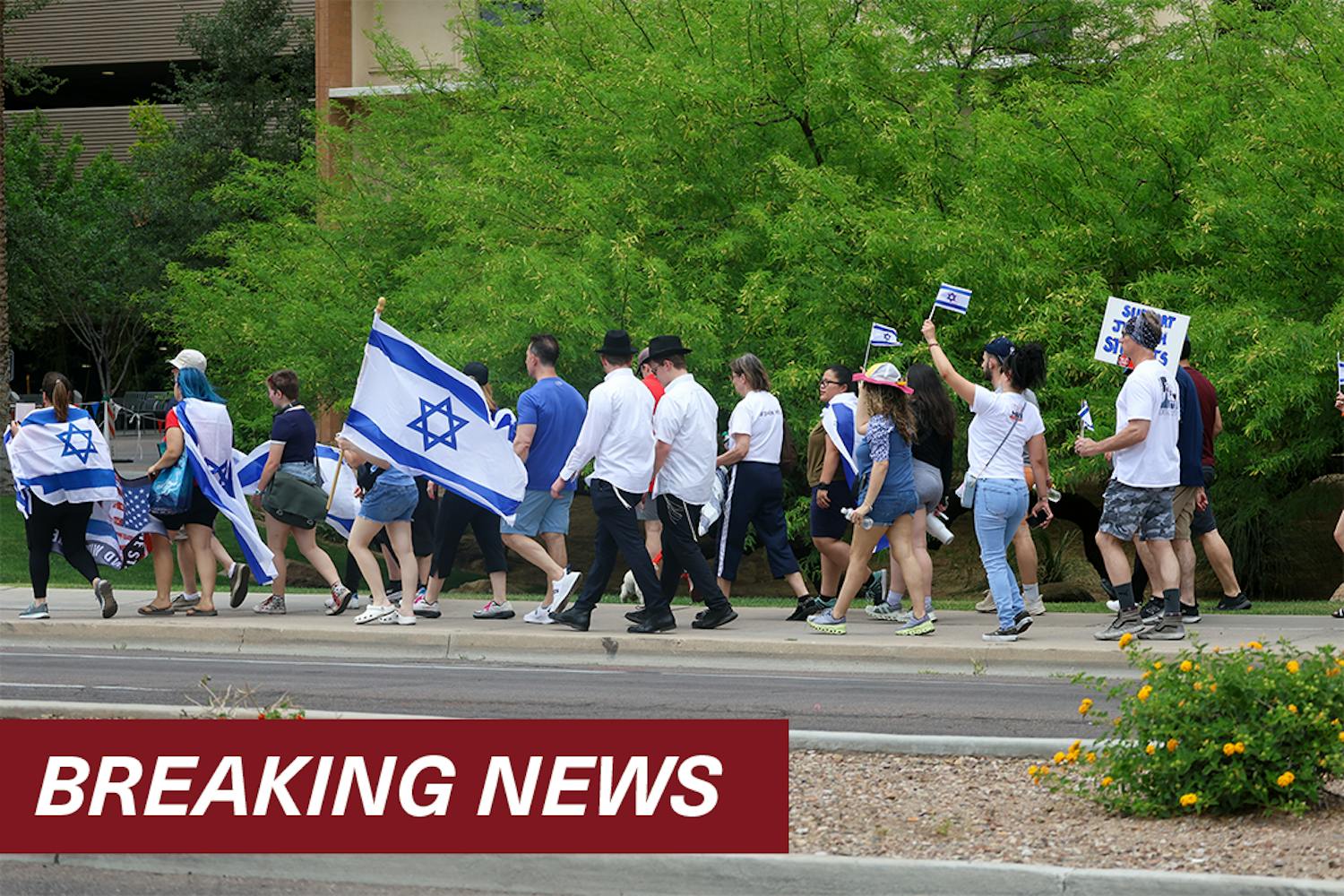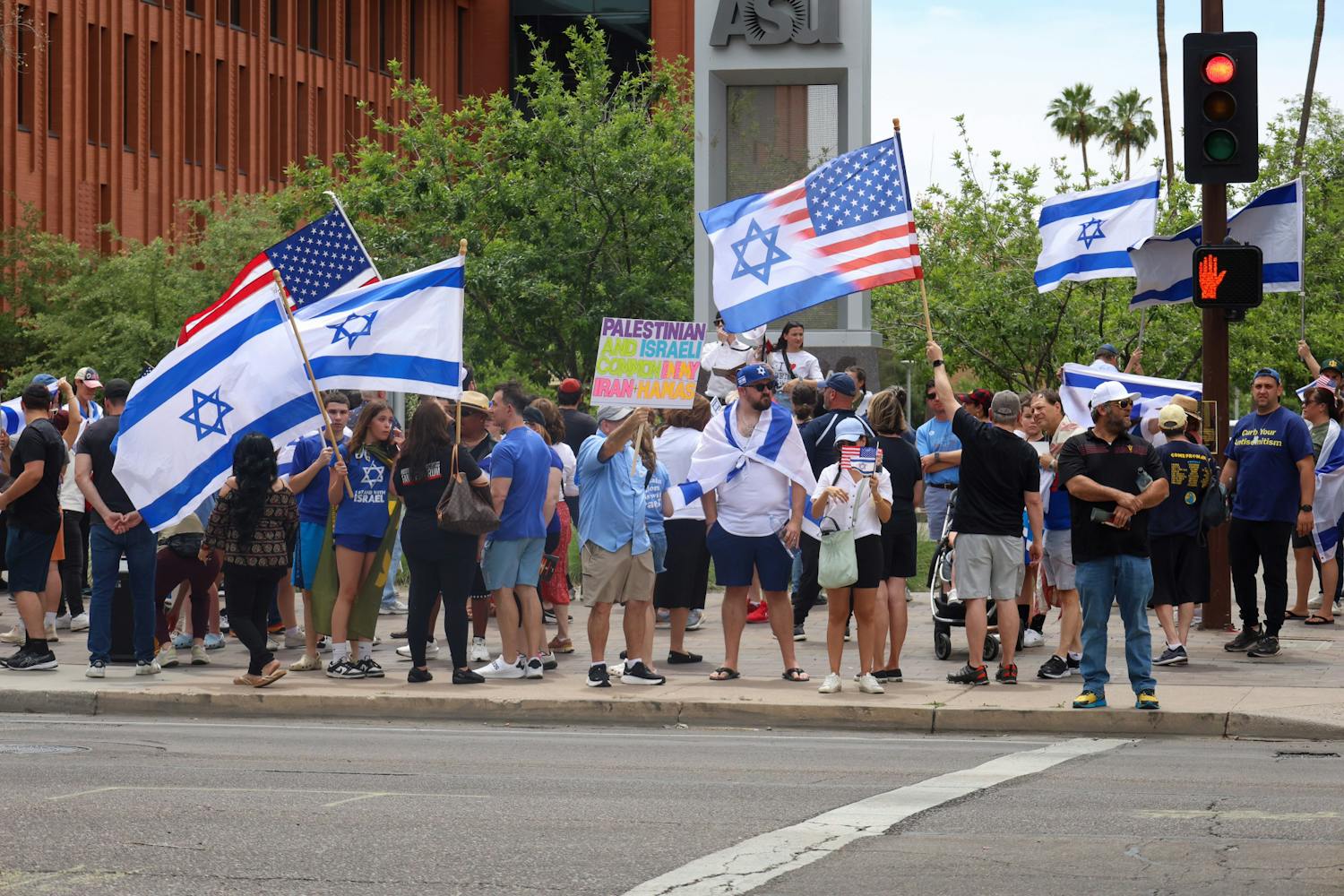A new club about to launch on the Tempe campus will focus on awareness of the final frontier: space.
Students for the Exploration and Development of Space at ASU was started by three undergraduate students and is in the final stages of the registration process. It is expected to become official by the beginning of next week.
President Jim Crowell, an earth and space exploration sophomore, Vice President Hallie Gengl, an earth and space exploration and geography sophomore, and Richard Stelling, an aerospace engineer sophomore, are the founders of the chapter.
“We all want to go into the industry,” Crowell said. “Since SEDS is open to anyone, we thought it’d be good to build awareness for everyone else who wanted to get involved and it’d be a good opportunity for us too.”
The club’s organizers plan to have networking events, speakers, discussions, space-related events like conferences and visits to observatories, and projects students can work on together.
“In SEDS, you basically are meeting all the people you know that someday you’ll be working with in the space industry,” Gengl said. “It’s a good networking opportunity.”
The only other SEDS chapter in Arizona is at UA. The three founders of the ASU chapter said they first heard about SEDS at a conference in November at UA, called SpaceVision 2009, and decided to form their own chapter.
“This last conference, it was pretty much lectures all weekend and you got to learn a lot more than just sitting in class,” Crowell said.
The club may end up working with Daedalus Astronautics, another club at ASU.
“We want to get involved in their projects because they have rocketry projects and we want to be able to explore that,” Crowell said.
Those who aren’t earth and space exploration students are welcome and can still benefit from the organization.
“I think it’s really good to either know what other people are doing and understand the other fields, not just yours, so it’d be good for engineers to learn a lot more about a view from a geologist or astronautical engineer,” Gengl said.
Crowell said he thinks many areas of study, including design, are needed for work in space.
“In the future, everyone’s going to be involved in space, whether they expect to or not,” he said.
Another aspect of the club is its involvement with other organizations, like the International Space University.
“It’s a good way to get in touch with other organizations that hopefully … we’ll someday be part of when we’re older,” Gengl said.
SEDS will also offer award and internship opportunities, which are available to members and can be found on the Web site.
Although meeting days and times aren’t official yet, there are some upcoming events members can plan on, like Yuri’s Night on April 12, which is a celebration of Yuri Gagarin, the first man in space, and the U.S. Space Shuttle’s first launch into space.
Joshua Nelson, the chairman of national group SEDS-USA and a student at the University of Arizona, said SEDS has been around since the early 1980s and the UA chapter started soon after.
“SEDS is the world’s only fully student-run international pro-space organization about getting students involved in space no matter what their major, intensity or background,” Nelson said.
Reach the reporter at reweaver@asu.edu




